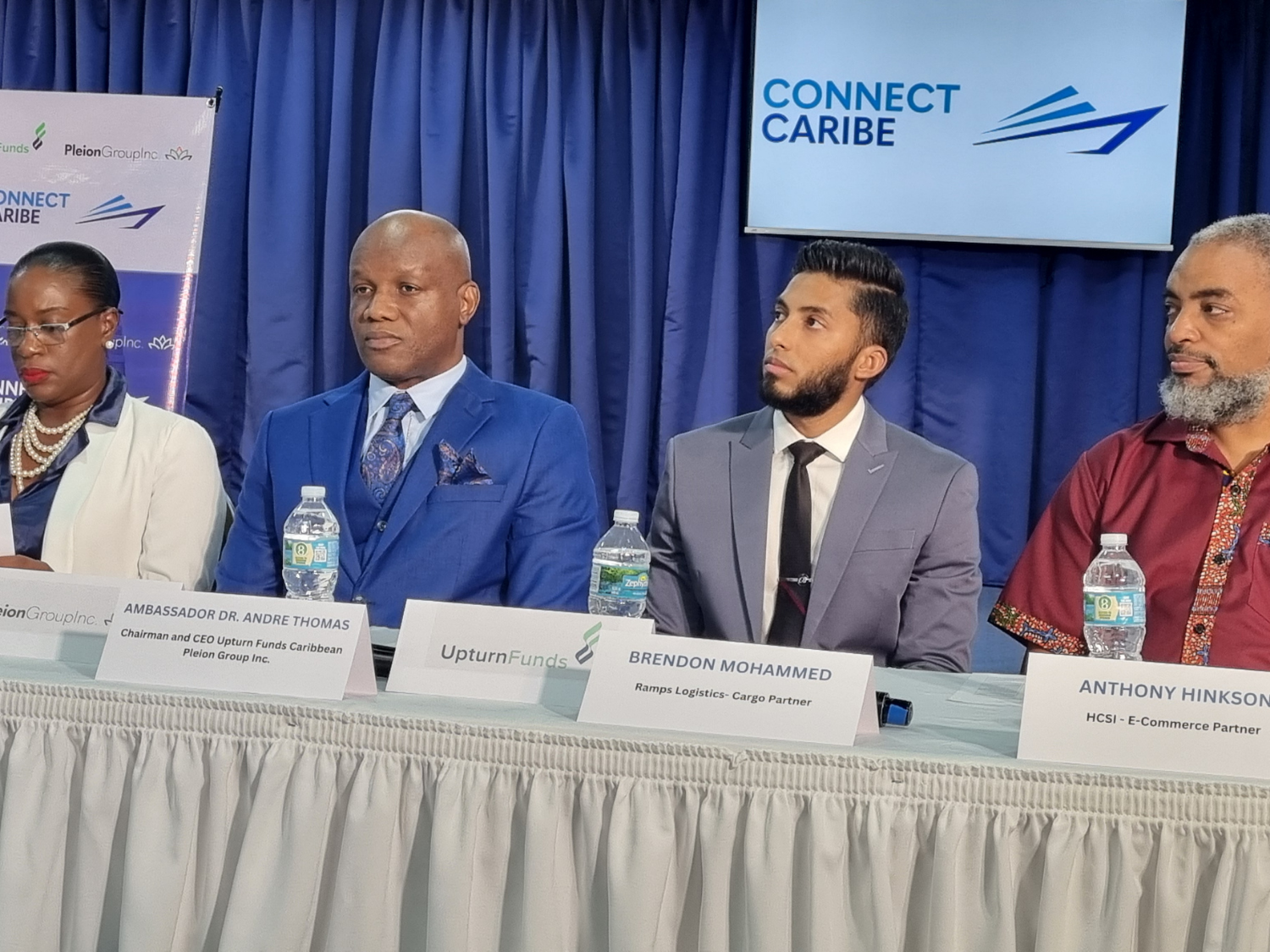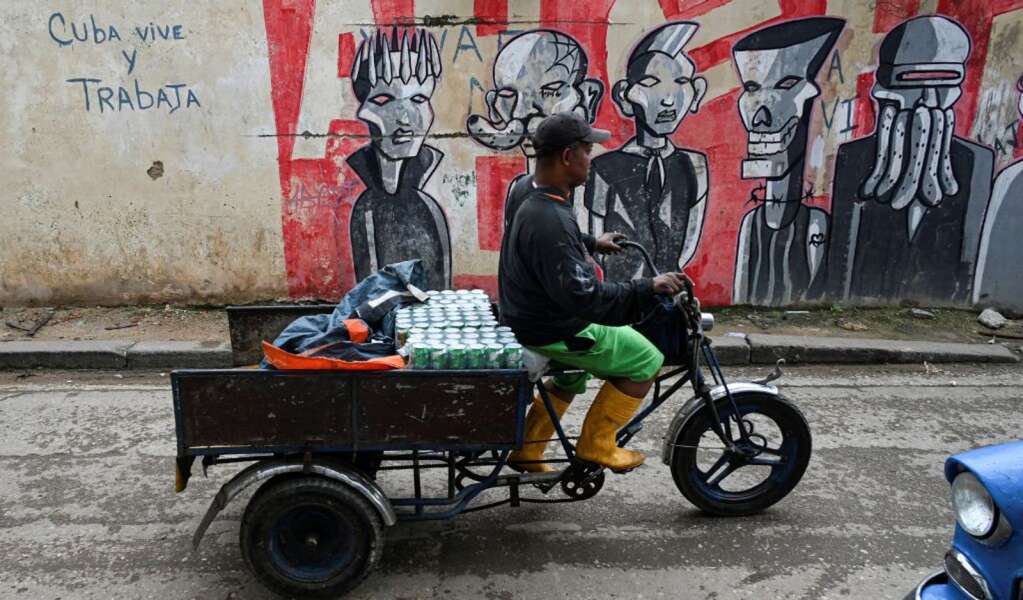BRIDGETOWN, Barbados, Feb 27 2017 – The Barbados government Monday sought to reassure the country that the island’s currency is in no danger of devaluation, amidst concerns over the state of the economy.
Finance and Economic Affairs Minister Chris Sinckler acknowledged that the reserve levels have temporarily fallen below the 12-week standard threshold, however, he said it is not the first time in the island’s history that this has happened.
“We previously operated this economy successfully with lower levels of reserves in 1998 and in 1999. In neither of those instances there was never a question that any government of the day would continence any decision to adjust the value of our currency. Similarly, it is not a scenario that this administration will permit to happen under its watch,” Sinckler told a news conference.
He said that the Freundel Stuart administration noticed some slippage in reserve levels in 2016, following a relatively stable foreign exchange market position in 2014, and for the greater part of 2015.
“This was even though the difference of inflows as against outflows of foreign exchange in the market over the previous year, remained generally in balance.
“In fact, during the past year, unlike 2013 and part of 2014, we did not see any major private sector calls on the country’s reserve levels as oil prices remained low and private foreign inflows started to recover as anticipated projects got set to push off,” he said.
Sinckler told reporters that the government saw a decline in public sector inflows as some major foreign funded public projects failed to start due to legal and administrative delays.
This, he said, was further exacerbated by the delayed closure of the sale of the state-owned Barbados National Terminal Company Limited (BNTCL), which is expected to yield over BDS$100 million to the foreign exchange reserves.
Sinckler noted that the Government has met its foreign debt obligations to the tune of BDS$382 million in 2016.
However, he stated that there are adequate reserve levels to defend the local currency, “even as we move assiduously to ensure that all of the delayed public inflows come into the Central Bank during the first quarter of 2017”.
Sinckler said he expects the reserves to be boosted by more than BDS$200 million, thereby pushing the levels back up above 12 weeks of imports. This, he stated, will be done through three sources, notably the sale of the BNTCL, as well as the draw-down of the first tranche of the loan from EXIM Bank of China for a major tourism project, the Sam Lord’s Castle. The third source will be the release of the First Citizens Bank Bridging Loan for the Development Bank of Latin America (CAF), for upgrades to Customs and the Barbados Revenue Authority.
The Freundel Stuart Administration is also undertaking measures this year to ensure that foreign reserves remain at a sustainable level.
“It is our intention to absolutely maximise inflows from all foreign funded public projects over the coming months. Already we have approved status on the CAF-funded BWA (Barbados Water Authority) Master Plan project for US $30 million. We have also cleared the way for an additional BDS$50 million from the Caribbean Develo0pment Bank also for the BWA water network systems upgrade project, which will start disbursements shortly,” he said.
Sinckler added that he has also issued new guidelines to all investors and developers seeking tax waiver support for investment projects in Barbados, that effective this month, at least one-third of all foreign exchange brought into the island must be sold directly to the Central Bank.
“Further, that following completion of the projects any foreign sales generated from units within those developments and for which concessions are attached no less than 50 percent of the sale proceeds must be brought onshore and half of which must be sold to Central Bank of Barbados,” he said.
The Ministry of Finance is also monitoring a developing situation where some local commercial banks have been approaching foreign investors with offers to utilise domestic Barbados dollars, or even draw loan proceeds from domestically held foreign currency to finance their projects here.
“While the Ministry of Finance cannot tell any investor where to source their financing from or indeed prevent any domestic bank from offering their liquidity to investors, what we can do however, is to ensure that where generous concessions are given on the basis that the country would get a net inflow of foreign exchange that all parties honour those commitments if the benefits are to continue,” Sinckler said. (CMC)
Like our Facebook page https://www.facebook.com/CaribbeanNewsService/
Follow us on Twitter https://twitter.com/CNewsService
Follow us on Instagram https://www.instagram.com/caribbeannewsservice/




